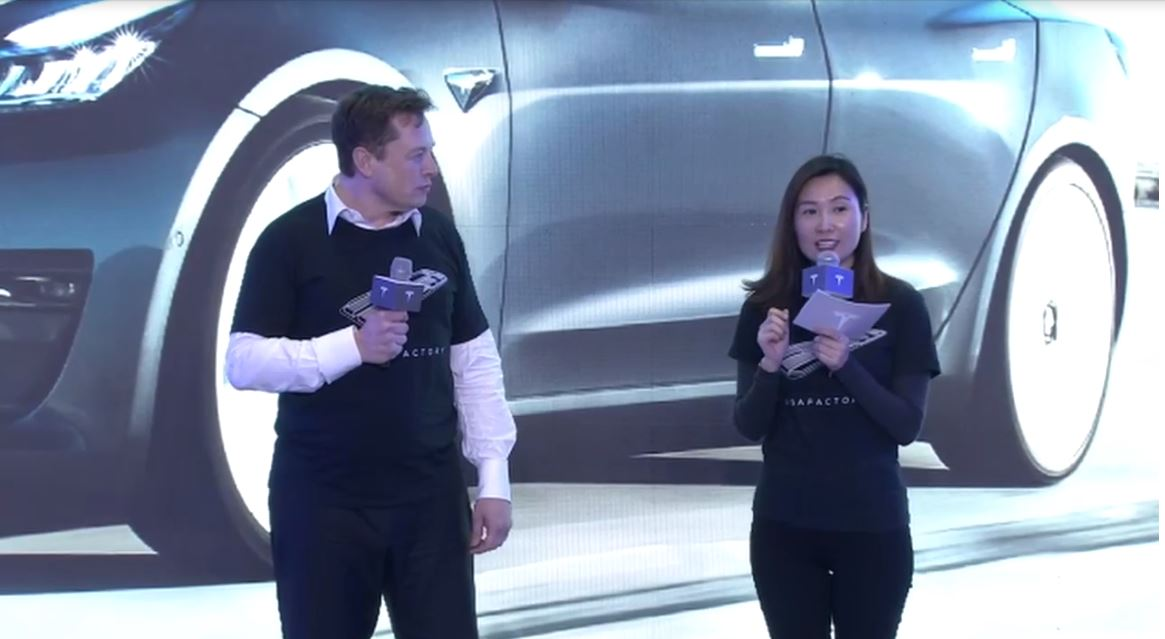On April 13th, according to the report of the Beijing News, Tao Lin, Tesla’s vice president, stated during a roundtable forum organized by China’s National Development and Reform Commission that Tesla would strictly comply with Chinese laws and regulations regarding data management and achieve local storage for the data collected in China.
Tao Lin’s comments clearly respond to the Ministry of Industry and Information Technology’s (MIIT) draft “Intelligent Connected Vehicle Production Enterprise and Product Access Management Guidelines (Trial)” released on April 7th. The general idea of the MIIT document is that the collection of information needs to protect personal privacy, national secrets and be classified and managed, with storage only within China. Whether information can be sent overseas is subject to the regulatory authorities.
Therefore, Tesla will use domestic cloud data services. As the company’s usual approach, it is highly possible for Tesla to establish local data centers in mainland China, unless it is mandatory to use third-party services. In July 2017, Apple announced its cooperation with Guizhou-Cloud Big Data (GCBD) to operate iCloud services for mainland Chinese users to comply with the Chinese government’s regulations.
According to Tesla hacker Green, there is a feature in Tesla’s in-car camera data flow that monitors driver behavior, such as playing with phones, not looking at the road ahead, etc. Although this feature is an auxiliary product for achieving automatic driving safety and is not unique to Tesla, it seems that consumers are not very acceptable. Tesla then stated that the in-car cameras of all Tesla user vehicles in the Chinese market have not been enabled.
At the China Development Forum economic summit on March 20th, Musk said:
“For example, if Tesla used cars for espionage activities in China or elsewhere, then Tesla will be doomed. Commercial companies have strong confidentiality desires. Otherwise, they will be shut down. Commercial companies attach great importance to privacy protection and confidentiality. I hope everyone can have a future of mutual trust.”
Car companies with slower informationization processes should feel nervous. The new regulations will definitely further marginalize small car companies with poor information integration capabilities and poor performance and slow down the process of realizing driving automation and unmanned driving. Therefore, the MIIT’s actions this time are not only targeting Tesla, but also a new screening and compression of China’s entire auto industry.
Source: Beijing News
This article is a translation by ChatGPT of a Chinese report from 42HOW. If you have any questions about it, please email bd@42how.com.
